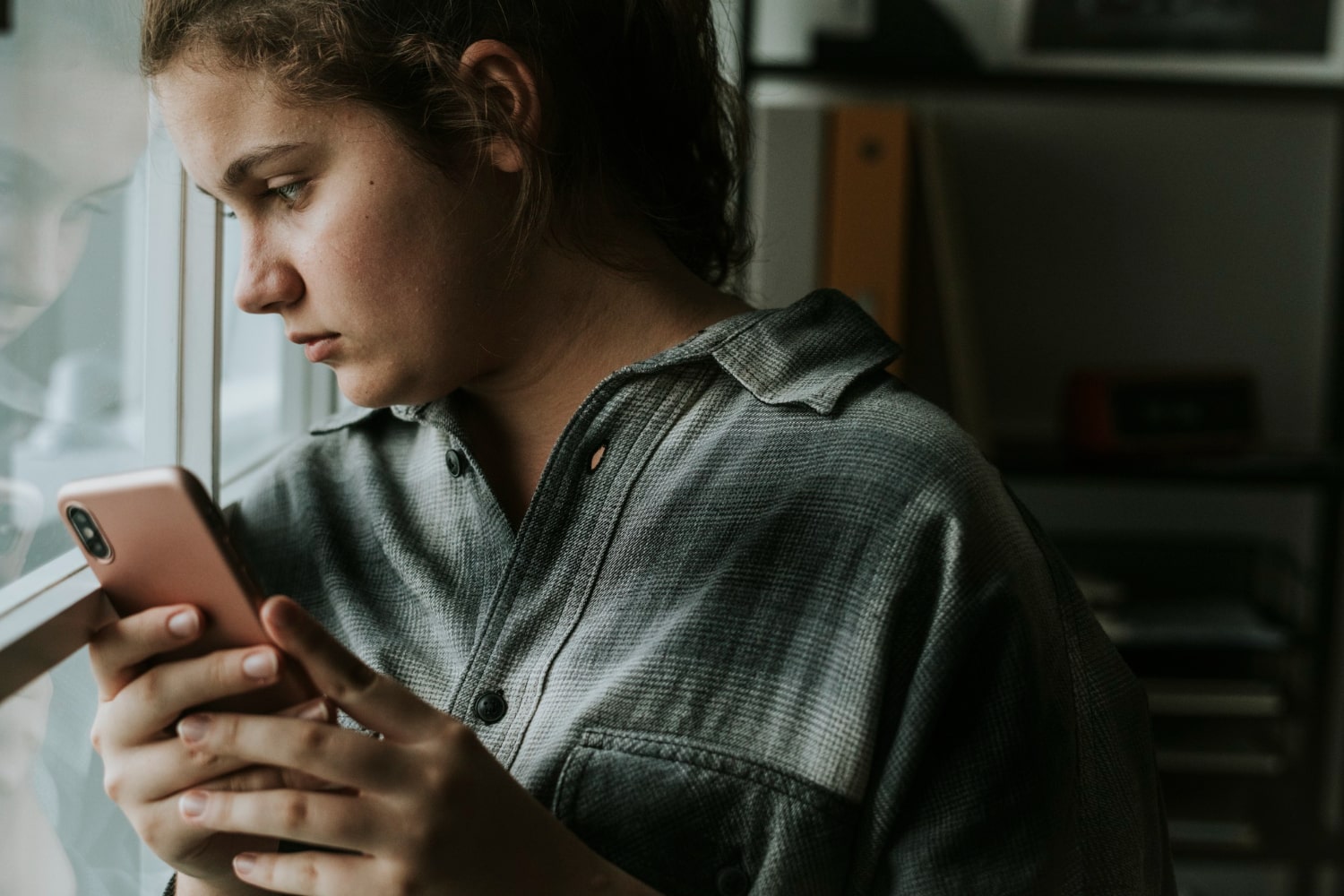Social media has become an integral part of our lives, transforming the way we interact with each other, consume information, and express ourselves. While social media can offer several benefits, such as staying connected with friends and family and discovering new things, it can also have a significant impact on our mental health. As social media use continues to grow, so does the need for awareness and education about the potential risks and how to protect ourselves. In this article, we explore the impact of social media on mental health and provide tips on how to stay safe and healthy.
The Negative Impact of Social Media on Mental Health
Social media can impact mental health in several ways. Some of the negative effects of social media on mental health include:
- Anxiety and Depression: Social media can contribute to feelings of anxiety, depression, and loneliness. When people compare their lives to others, they can feel inadequate, which can lead to anxiety and depression.
- Cyberbullying: Social media can also lead to cyberbullying, which can have a devastating impact on mental health. Cyberbullying can lead to feelings of anxiety, depression, and even suicide.
- Addiction: Social media can be addictive, and excessive use can lead to negative consequences, such as neglecting real-life relationships, sleep deprivation, and reduced productivity.
- Body Image Issues: Social media can also contribute to body image issues, particularly among young people. Seeing images of perfect bodies can make people feel self-conscious and can lead to unhealthy behaviors.
How to Protect Yourself from the Negative Impact of Social Media
- Limit your social media use: One of the best ways to protect yourself from the negative impact of social media is to limit your use. Set boundaries and stick to them, such as avoiding social media before bed or during meals.
- Take regular breaks: It’s also essential to take regular breaks from social media. Consider taking a social media detox for a day or even a week to reset and recharge.
- Use social media mindfully: When you are using social media, use it mindfully. Be aware of how it makes you feel and set limits on the content you consume.
- Focus on the positives: Instead of comparing yourself to others on social media, focus on the positive aspects. Use social media to connect with friends and family, learn new things, and discover new interests.
- Seek support: If social media is impacting your mental health, seek support. Talk to a friend or family member or consider seeking professional help.
Frequently Asked Questions
Q: How does social media impact self-esteem?
A: Social media can impact self-esteem by creating unrealistic expectations and promoting comparison. When people compare themselves to others, they can feel inadequate, leading to lower self-esteem.
Q: Can social media cause anxiety and depression?
A: Yes, social media can cause anxiety and depression. Studies have found that excessive use of social media can contribute to feelings of anxiety and depression.
Q: How can you tell if social media is impacting your mental health?
A: Signs that social media is impacting your mental health can include feelings of anxiety, depression, and loneliness, changes in sleep patterns, and a decrease in real-life interactions.
Q: How can you reduce social media addiction?
A: To reduce social media addiction, it’s essential to set boundaries and stick to them, take regular breaks, and seek support if needed.
Q: Can social media impact body image?
A: Yes, social media can impact body image by promoting unrealistic expectations and promoting comparison. Seeing images of perfect bodies can make people feel self-conscious and can lead to unhealthy behaviors.
In conclusion, social media can have a significant impact on mental health, and it’s essential to take steps to protect yourself. Moving forward, the constant use of social media is becoming more prevalent in our society. In today’s world, people rely on social media to connect with their friends and family members, stay informed about the latest news, and even seek entertainment. While social media can be a great tool for communication and entertainment, it can also have negative effects on our mental health.
Many studies have shown that excessive use of social media can lead to increased feelings of anxiety, depression, and loneliness. This is because social media can create unrealistic expectations for ourselves, as we often compare ourselves to the filtered, curated versions of other people’s lives. Additionally, social media can create feelings of isolation and loneliness, as we may spend more time on our screens and less time connecting with others in person.
In this article, we’ll explore the impact of social media on mental health and provide some tips on how to protect yourself from its negative effects.






